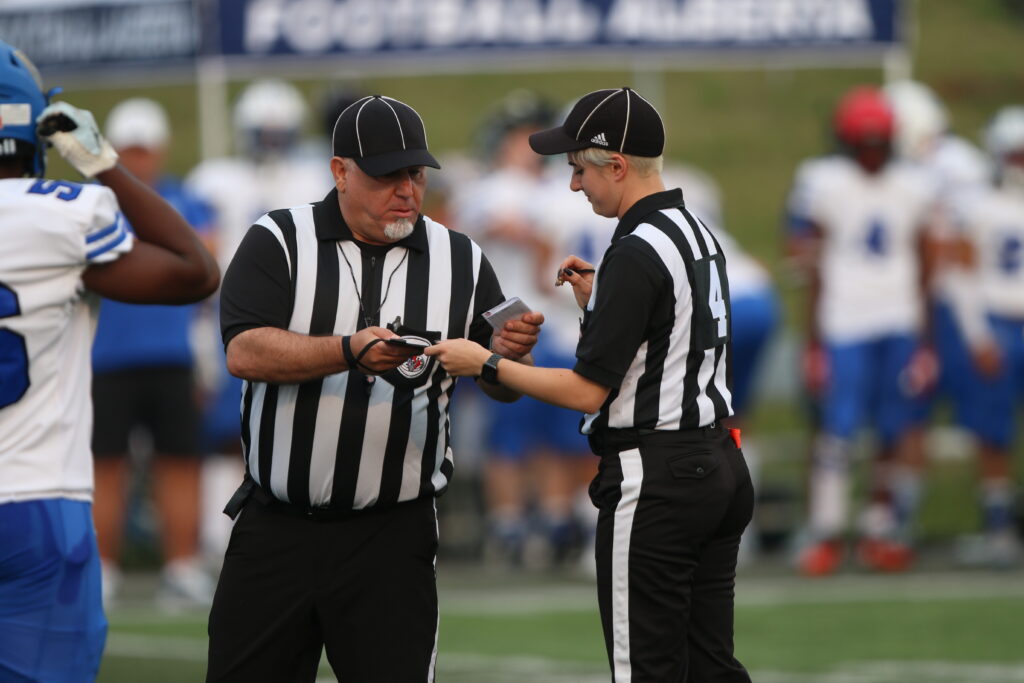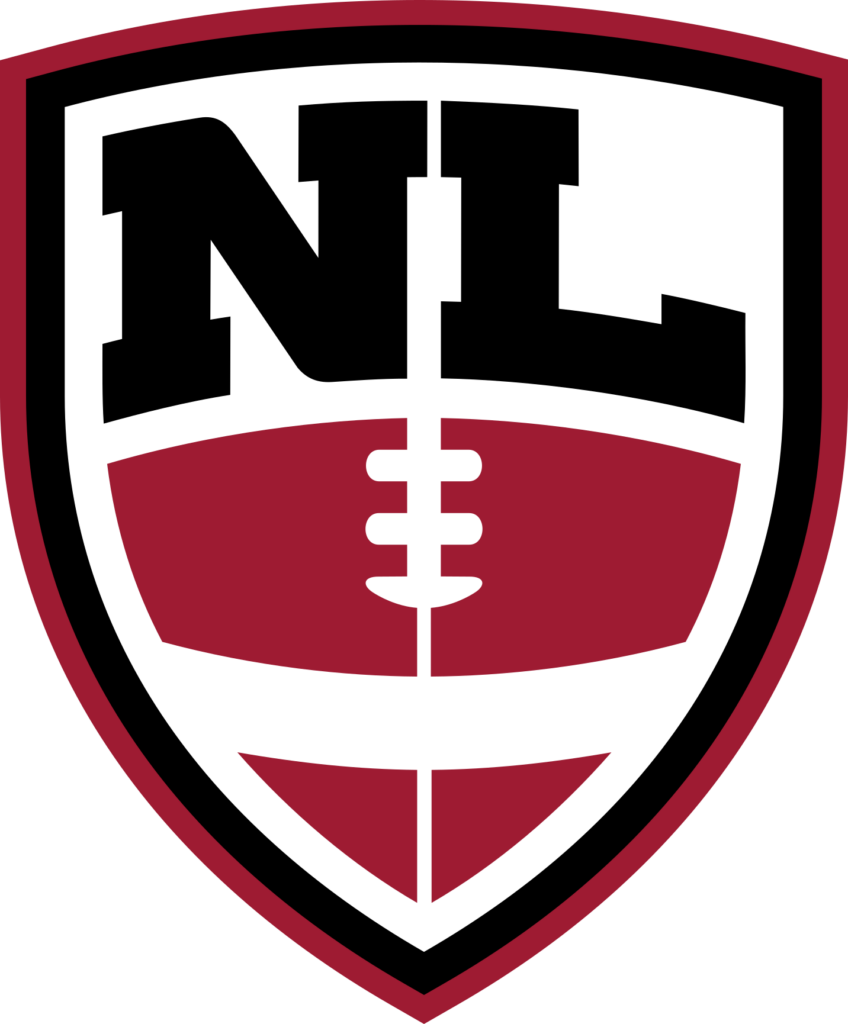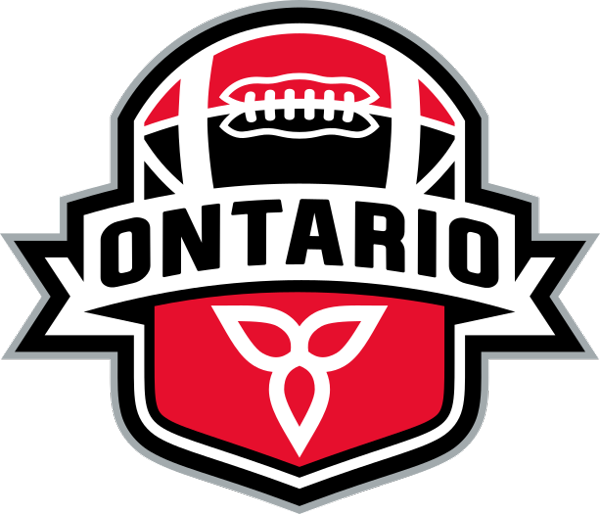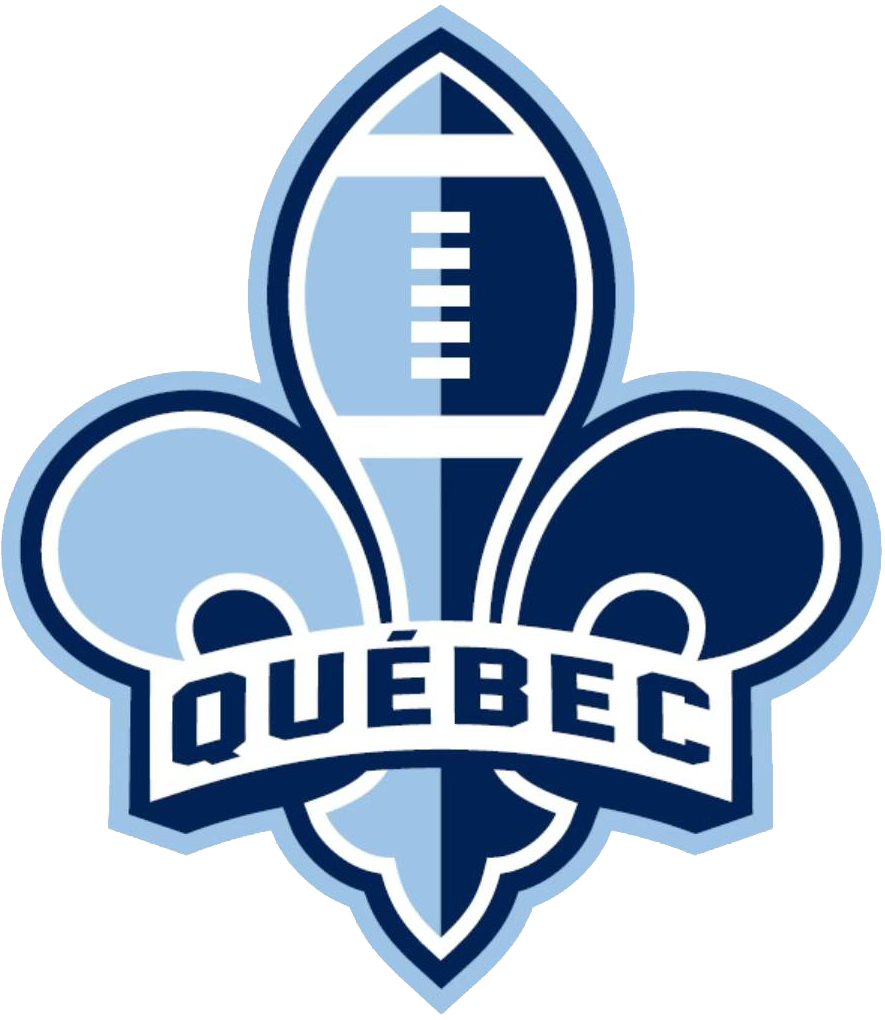Education can be viewed from two perspectives: teaching and learning.
Viewed from the perspective of teaching, education is something that is done to the learner to produce certain predetermined outcomes. From this perspective, the learner is a passive and inanimate object (like raw material in an industrial process) into which desired knowledge is
poured, in which a series of desired moral convictions is formed, or from which a desired set of behaviours can be obtained.
But learners are more than raw material; their thoughts and actions have an enormous influence on how the process of education unfolds.
Viewed from the perspective of learning, education is a more complex proposition. Education is not something done to people, but it is something people do for themselves, assisted, we hope, by the action of a teacher. From this perspective, education requires learners to create relevant knowledge, to evaluate their morals and values, and to choose behaviours that are considered appropriate in the context of their real lives. The key aspect of this perspective is that human beings are viewed as intentional and that they can alter their actions in accordance with their evaluation of a given situation. Learners are constantly making decisions about the value of the material being presented: whether to learn the material, how much effort to put into learning, and so on. What is learned is also affected by the learner’s mood and motivation and by the back-and-forth nature of
his or her interactions with the social context.
In sum, the process of education — what is learned, internalized, and applied — is mediated by the cognitive evaluation of the material being dealt with, the emotional state and motivation of the learner, and the opportunities the learner has to make sense of new information by reflecting on
and discussing it with others who are engaged in similar activities. The learner is the producer of his or her own learning.
Current research suggests that learners are best able to produce their own learning when:
- Learners are treated as capable persons and are allowed to have a significant influence on the
process of learning. - Learners’ experiences, knowledge, interests, and context are capitalized on. Material is viewed
as significant and remembered when it is related to past experiences and the current context.
Learning is often a reorganization, understanding, and application of past experience. - Learners discover relationships, concepts, and meanings within their own context. Working to
discover these relationships tends to make learning meaningful and authentic. - Learners are actively engaged in tasks relevant to their context. When the tasks being
performed allow learners to directly satisfy a need, learning becomes more intrinsically
motivating, and what is learned becomes an integral part of the learner.
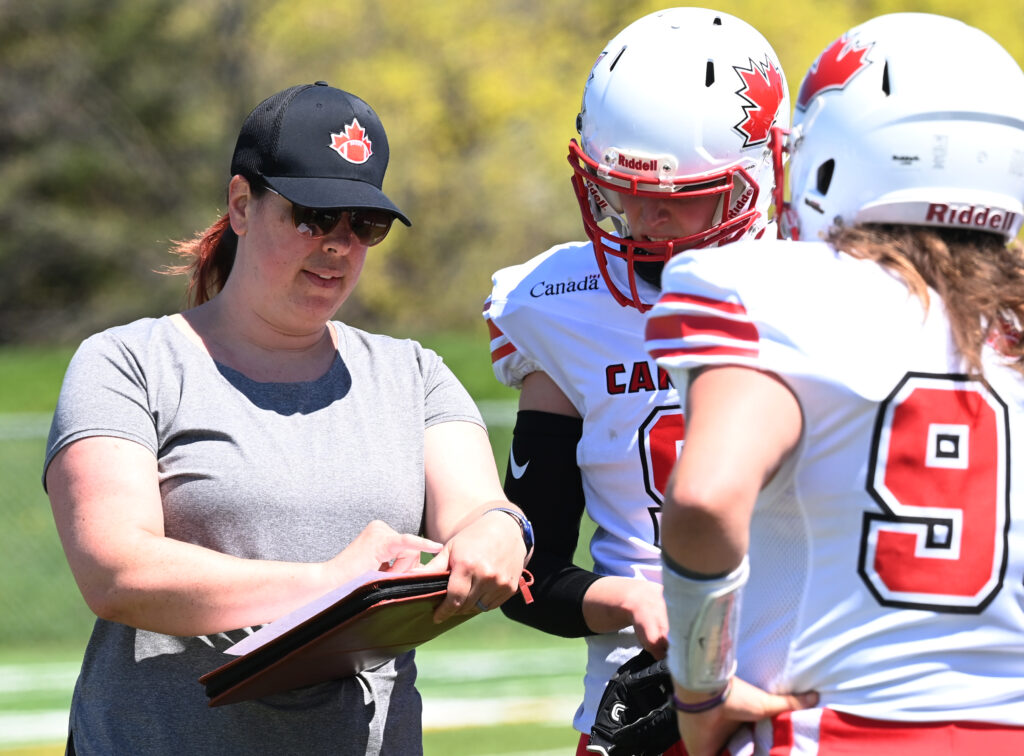
Photo: Scott Grant
